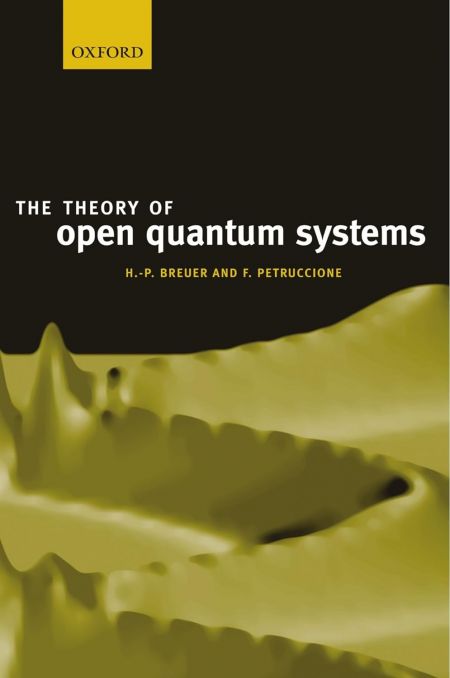Nostro prezzo € 65,00
Disponibilità: Ordinabile in 10-15 giorni lavorativi
Quantità
Descrizione
Autore: Heinz-Peter Breuer
Editore: Oxford University Press
Data di Pubblicazione: 2007
ISBN: 9780199213900
Pagine: 636
This book treats the central physical concepts and mathematical techniques used to investigate the dynamics of open quantum systems. To provide a self-contained presentation the text begins with a survey of classical probability theory and with an introduction into the foundations of quantum mechanics with particular emphasis on its statistical interpretation. The fundamentals of density matrix theory, quantum Markov processes and dynamical semigroups are developed. The most important master equations used in quantum optics and in the theory of quantum Brownian motion are applied to the study of many examples. Special attention is paid to the theory of environment induced decoherence, its role in the dynamical description of the measurement process and to the experimental observation of decohering Schrodinger cat states. The book includes the modern formulation of open quantum systems in terms of stochastic process in Hilbert space. Stochastic wave function methods and Monte Carlo algorithms are designed and applied to important examples from quantum optics and atomic physics, such as Levy statistics in the laser cooling of atoms, and the damped Jaynes-Cummings model. The basic features of the non-Markovian quantum behavior of open systems are examined on the basis of projection operator techniques. In addition, the book expounds the relativistic theory of quantum measurements and discusses several examples from unified perspective, e.g. non-local measurements and quantum teleportation. Influence functional and super-operator techniques are employed to study the density matrix theory in quantum electrodynamics and applications to the destruction of quantum coherence are presented. The text addressees graduate students and lecturers in physics and applied mathematics, as well as researchers with interests in fundamental questions in quantum mechanics and its applications. Many analytical methods and computer simu

